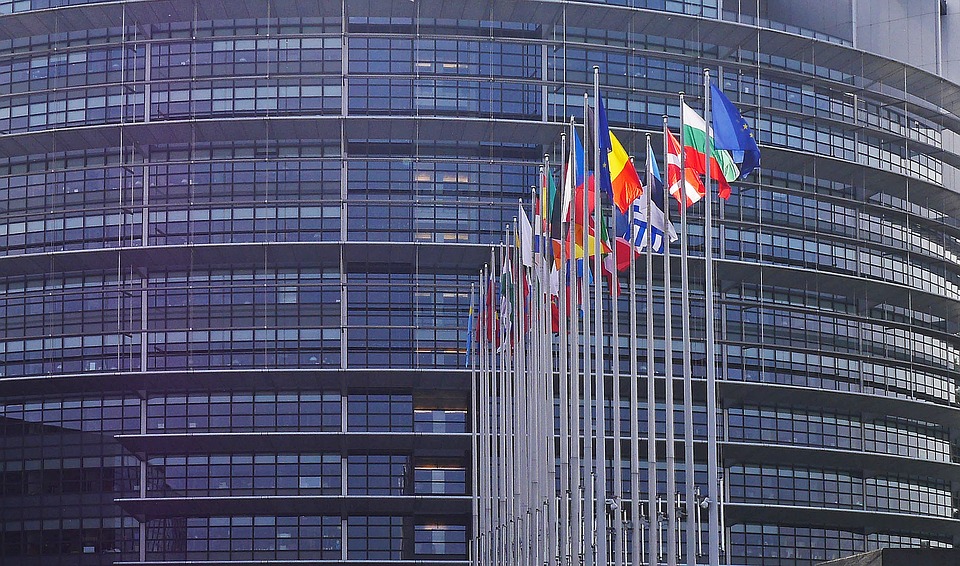Despite the growing disputes over the European Green Deal, Poland’s energy sector still benefits from Poland’s accession to the European Union twenty years ago. This is best shown by the existential threat in Ukraine – writes Wojciech Jakóbik, editor-in-chief at BiznesAlert.pl.
On May 1st, 2024, Poland will celebrate the twentieth anniversary of its accession to the European Union. Joining it brought harmonization of regulations in the electricity and gas sector, market integration, and mega-infrastructure projects ensuring independence from the once dominant supplier, Russia. EU rules have been a bulwark against Gazprom’s abuse and make it possible to disseminate Polish ideas at the EU level. For all the costs of being in the Union, it has been a wonderful twenty years and it is worth hoping for more.
The dispute over the European Green Deal could lead to a correction of this package of regulations, spanning several thousand pages, containing proposals more and less acceptable to Poland. The energy crisis and Russia’s invasion of Ukraine are sufficient arguments for rethinking the most ambitious solutions for which social acceptance and economic potential may be lacking.
However, the energy crisis fueled by Russia and its invasion of Ukraine, poses an existential threat to the entire West as it has the potential to fracture cooperation in blocs such as NATO and, precisely, the European Union, and is an argument for further integration. As a mature EU member and co-host, Poland can enrich the community with further ideas on top of the already proposed joint gas purchases and storage obligations. In 2013, I formulated the concept of energy prometheism, i.e. promoting freedom in the energy sector to the east of Poland using EU rules. This concept can be realized only thanks to the presence of Poles in the Union and works well in times of crisis and war, which is best visible in Ukraine.
In the first half of 2024, the Polish presidency will focus on the security of critical infrastructure in the energy sector. Unknown perpetrators are circling the Baltic and more, the spectre of a physical threat to our energy security is returning. Poland may be at the forefront of creating new regulations in this area. It is symbolic that Prime Minister Jerzy Buzek, one of the nestors of Polish influence on what is happening in Europe, will not run in the elections to the European Parliament.
After 20 years of presence in the European Union, our country needs more leaders capable of playing hard and effectively for Polish interests in Brussels. The proposal to nominate another veteran, Jacek Saryusz-Wolski, as EU commissioner is interesting, but it shows that the government and the opposition need to play together more often in Brussels for such maneuvers to be possible at all. The need to take care of the interests of the country over divisions is reminded by another anniversary, that is, the commemoration of the Constitution of 3 May 1791. Another anniversary of Poland’s presence in the EU underlines the importance of the European elections to be held in June and Polish presence in the EU institutions.









